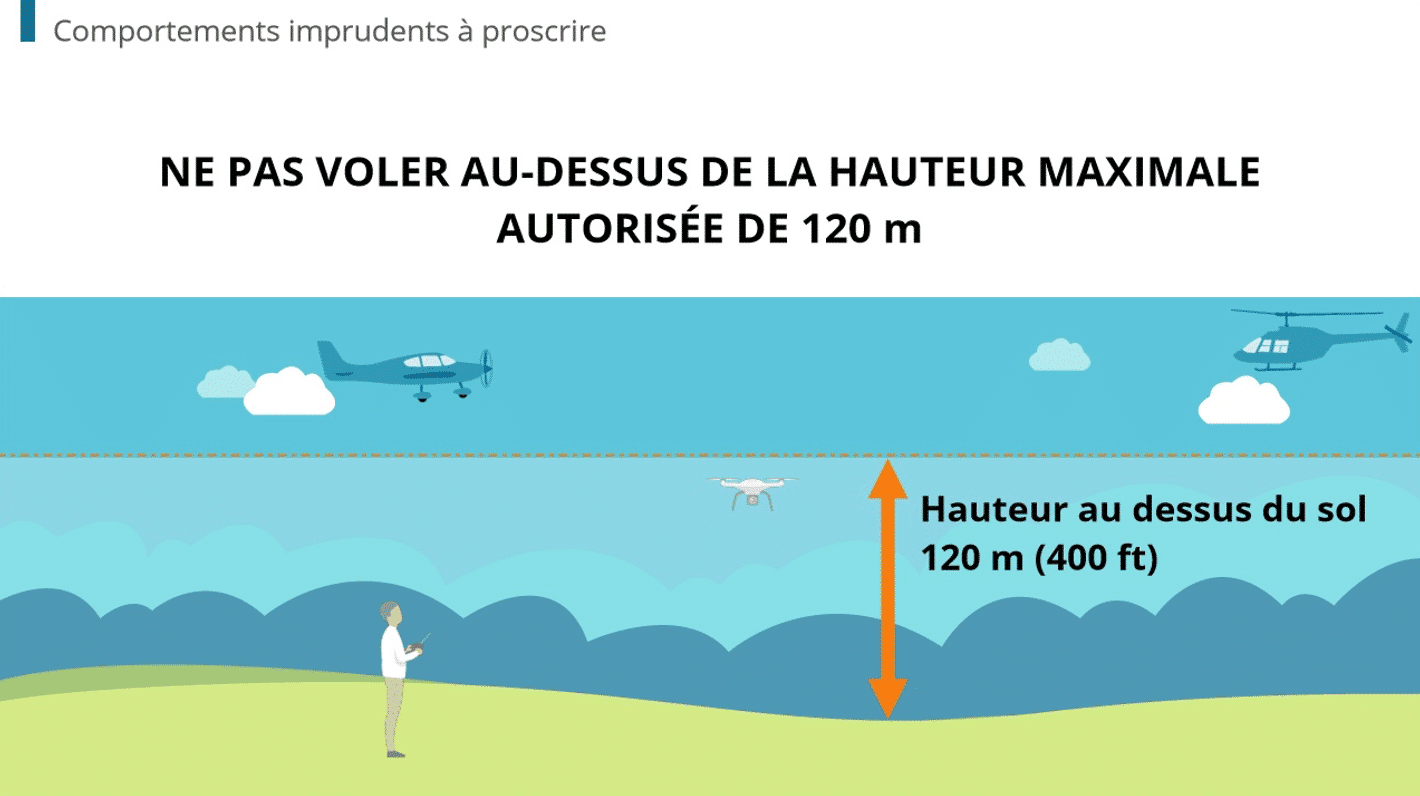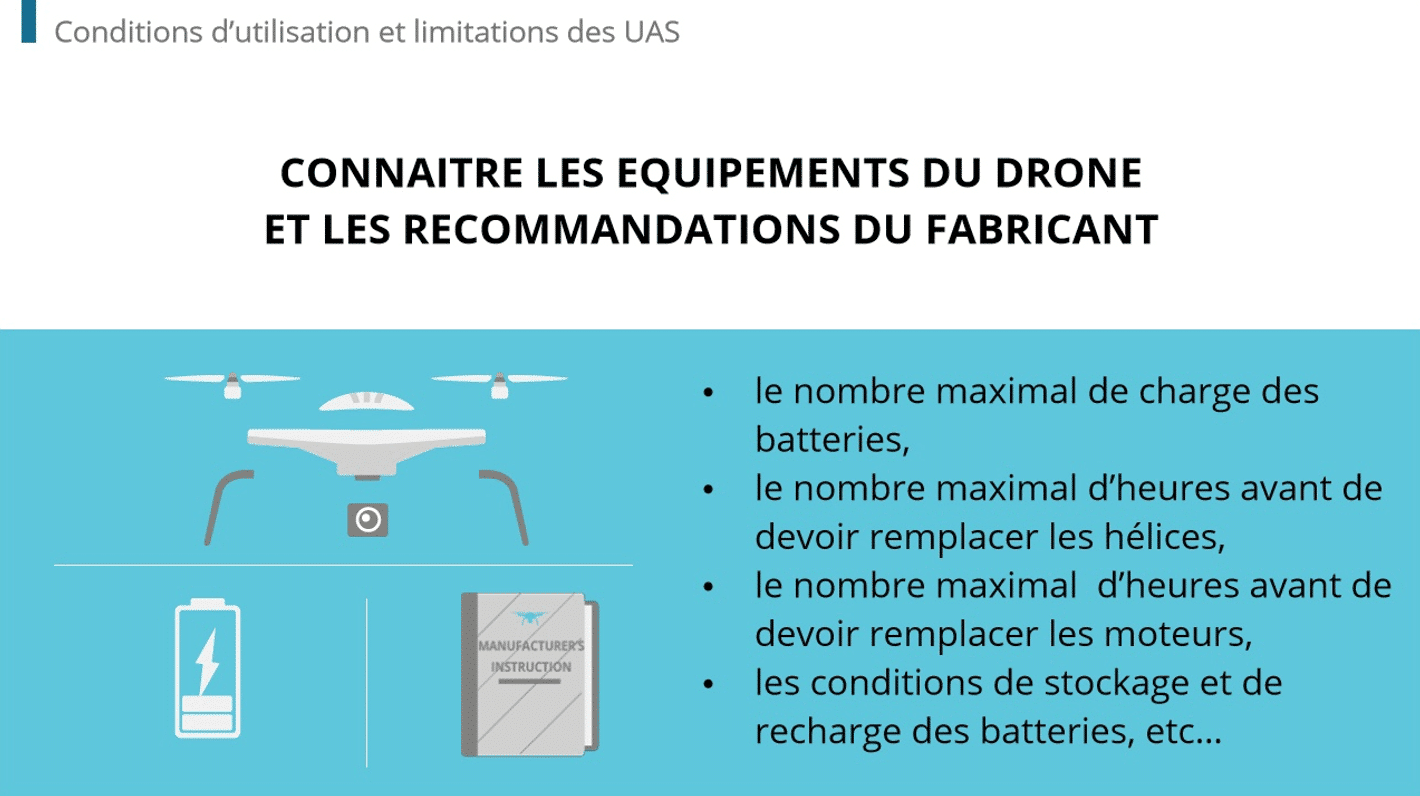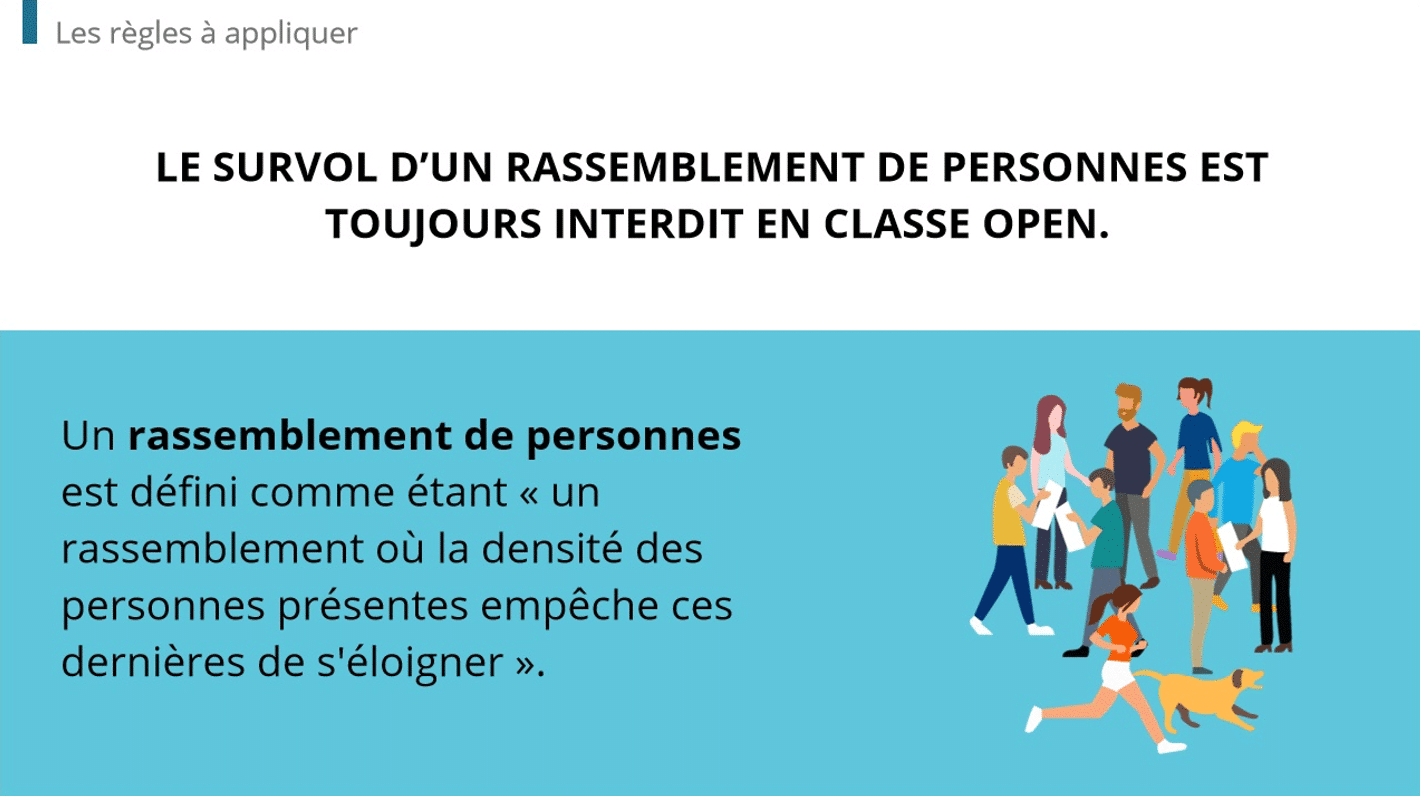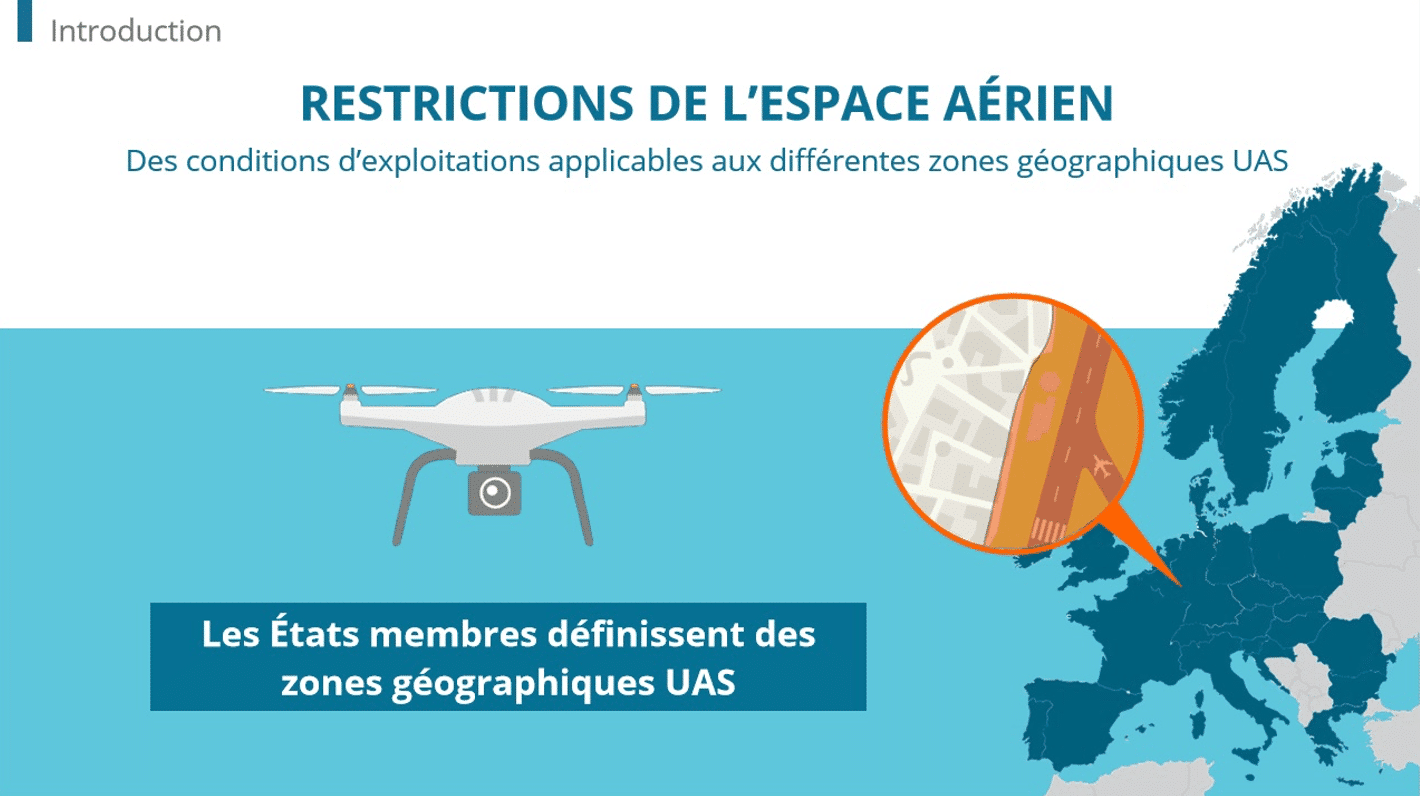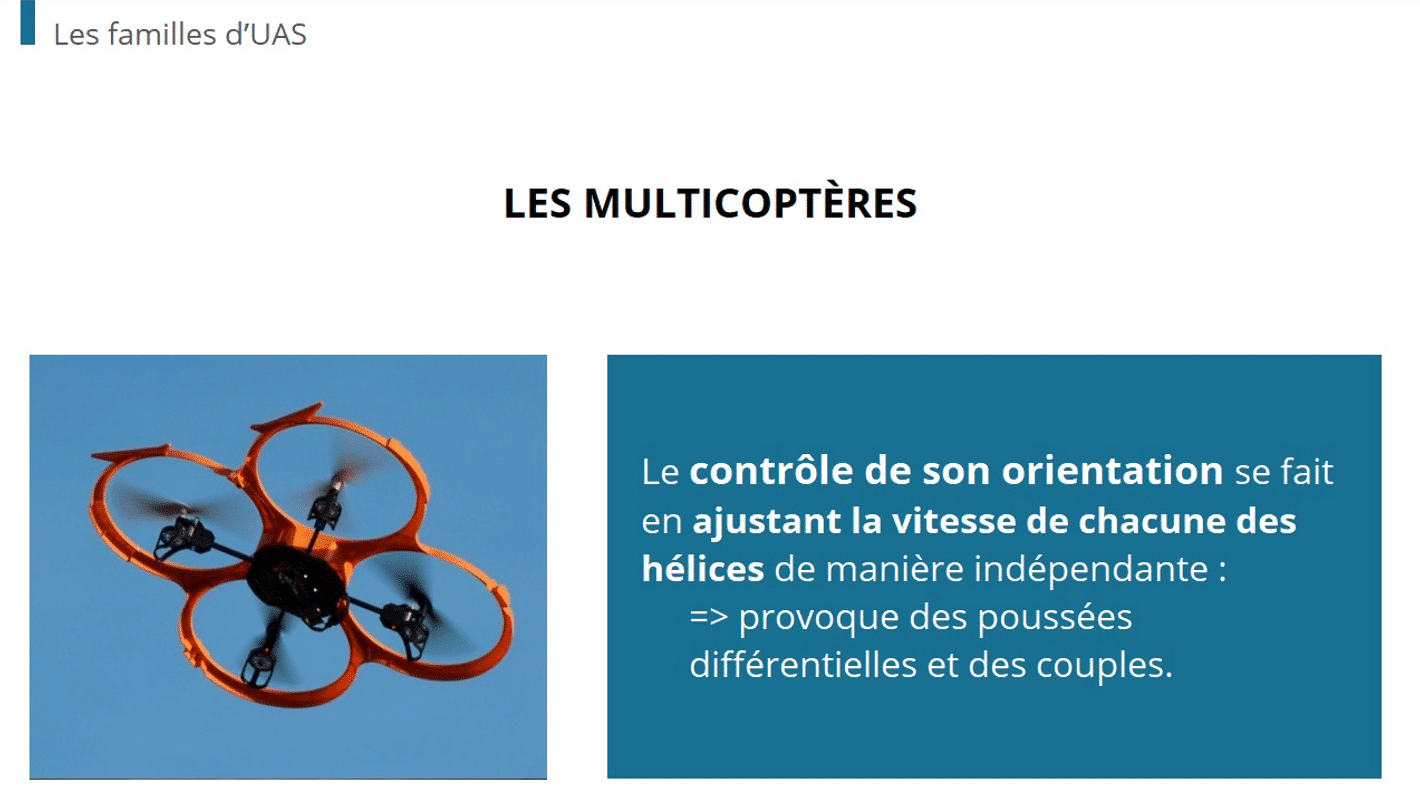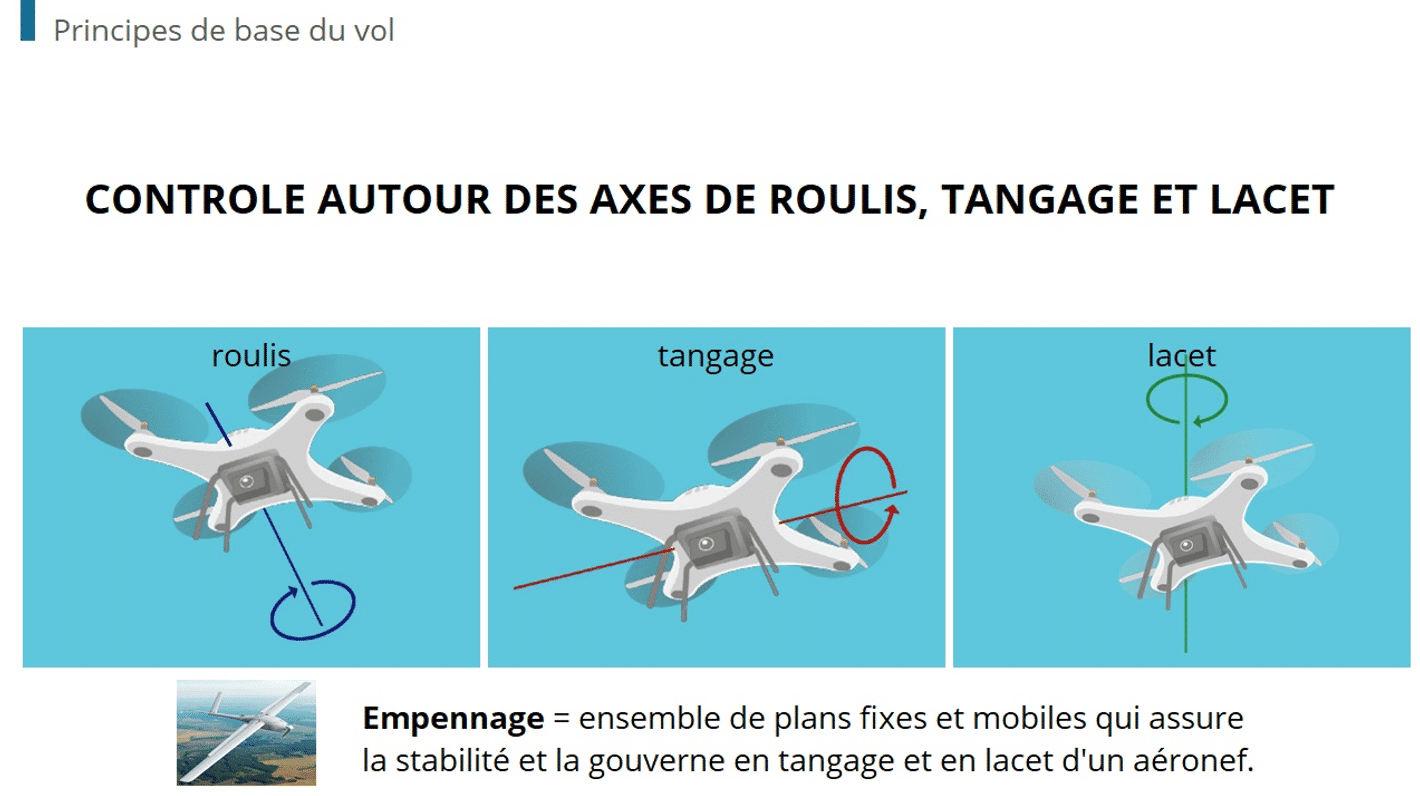The feedback you get from your participants enables you to assess the efficiency of your e-learning courses. Our tips to ask for it at the right time, and the right way.
Giving feedback to your participants is essential, but getting feedback on your participants’ progress, and on the efficiency of your modules is equally vital!
Why asking for feedback from your participants?
When creating an e-learning course, it is not uncommon that some sections of the course need some revisions or enhancements. To get to know what works and what does not in your modules, why don’t you just ask your participants about it? They are the best placed to give you that information!
On the other hand, showing them an interest in their learning experience and communicating openly about it are the best way to boost their commitment!
When to ask for feedback in e-learning?
Don’t wait till the end of the e-learning course to gather their reactions, especially when the course contains numerous modules and covers many different subjects! When their course is over, your participants might be enclined to move on to something else. Besides, how can you be sure their will remember all the parts of the course that would need improvement?
So, ask them for their impressions after several steps of the course, when the content is still fresh in their minds.
How to gather feedback?
Create anonymous surveys
Questionnaires and surveys allow you to ask specific questions, and to target the field of response. Anonymity increases your chances of getting an honest and qualitative feedback, especially in the corporate world. Insert your surveys anywhere in your course, e.g. after a difficult module or an important piece of information.
Ask the right questions
Whether you ask your participants open or closed questions (Multiple Choice has the advantage to be less demanding), avoid generic questions at all costs!
Here are a few examples of effective questions.
- What is the most useful element that you have learned so far?
- What module was the most interesting/boring?
- What knowlegde was more difficult to gain and why?
- Was there less relevant information?
- Have the scenarios helped you illustrate real-life situations?
Analyse the results of the evaluations
More than half of your participants fail one question during the evaluation or have bad results during a Serious Game? It is very likely that this is due to a bad formulation of the question or to the inadequacy of the module! In this case, act as soon as possible by proposing new ideas, or by adapting the learning method.
Test our Dokeos MANAGER survey tool to get feed-back on your e-learning courses!






























